Question And Answer
Publications
Articles, publications, books, tools and multimedia features from the U.S. Institute of Peace provide the latest news, analysis, research findings, practitioner guides and reports, all related to the conflict zones and issues that are at the center of the Institute’s work to prevent and reduce violent conflict.
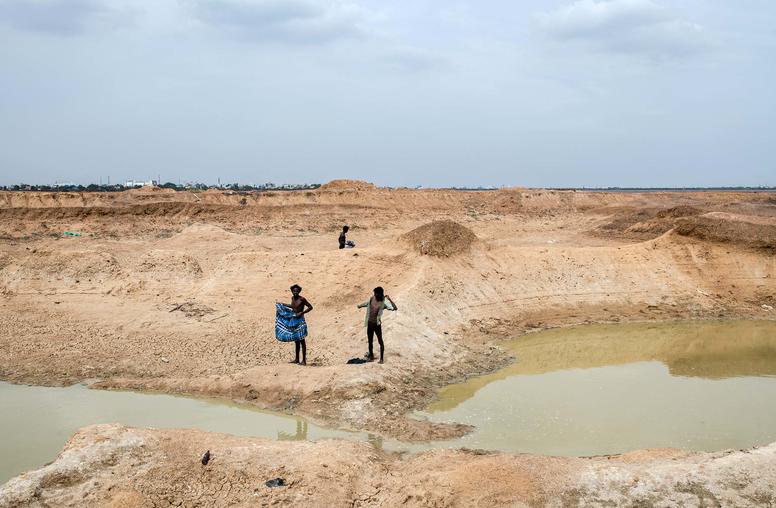
The Intertwined Futures of Climate Action, Fragility and Peacebuilding
Crises are often described narrowly; clearly differentiated by the aspect of society they impact, such as the economy or national security. But the COVID pandemic and looming climate crisis have shown that lines distinguishing one crisis from another aren’t as distinct as they may seem, and that underlying issues like COVID can impact a number of sectors simultaneously. Navigating the intersection of health, economic, governance and humanitarian issues has become the defining challenge of the pandemic response...
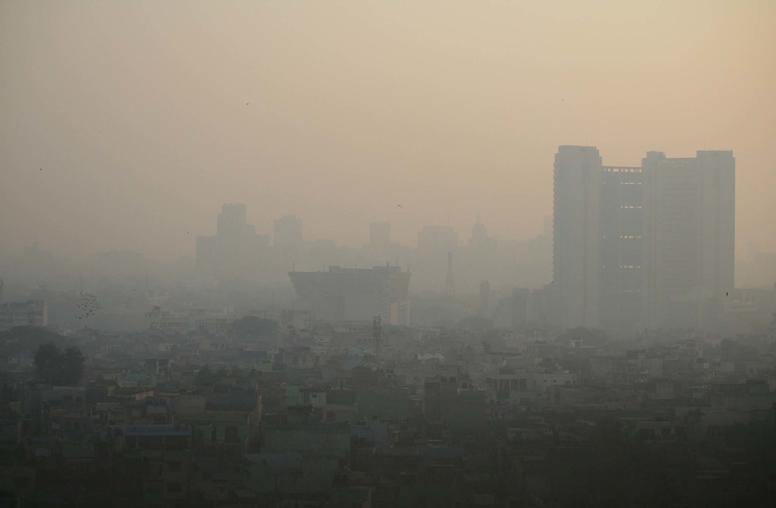
India, Pakistan choke on their smog. Can they clear the air?
South Asia’s extreme smog worsens each winter, helping to kill an estimated 1.2 million Indians and 128,000 Pakistanis annually—more than have died in either country from the COVID virus. As pollution this past winter exacerbated the pandemic, India’s and Pakistan’s governments responded with mutual blame. Yet COVID, and a sudden moment of détente between these bitter rivals, could offer an opportunity to address the smog crisis, and build rare collaboration with the only strategy that can work: a joint one. The governments, their U.S. and international allies and civil society should use this chance to jumpstart such an effort.
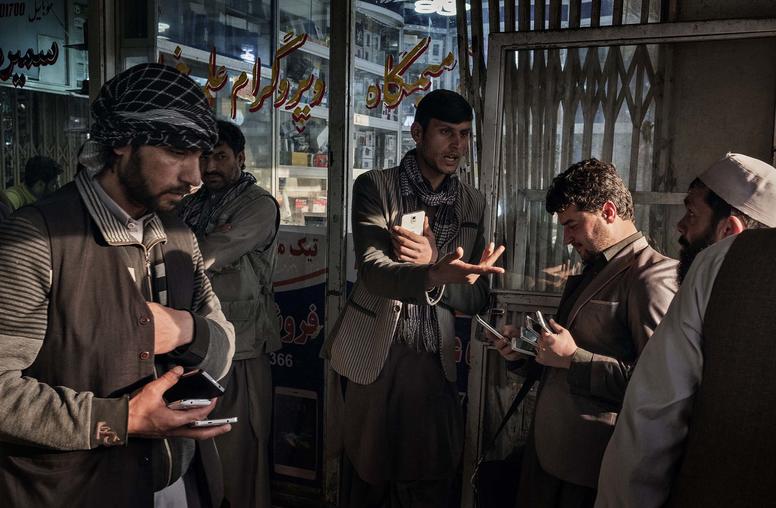
Revitalizing Afghanistan’s Ministry of Finance
Revitalizing Afghanistan’s badly damaged Ministry of Finance is critical for the state’s survival today and will be equally important during a peace process or under any interim or power-sharing arrangement. Without curbs on political interference and corruption at the ministry, Afghanistan will be hard pressed to ensure that aid pledges made at November’s Geneva international conference materialize.
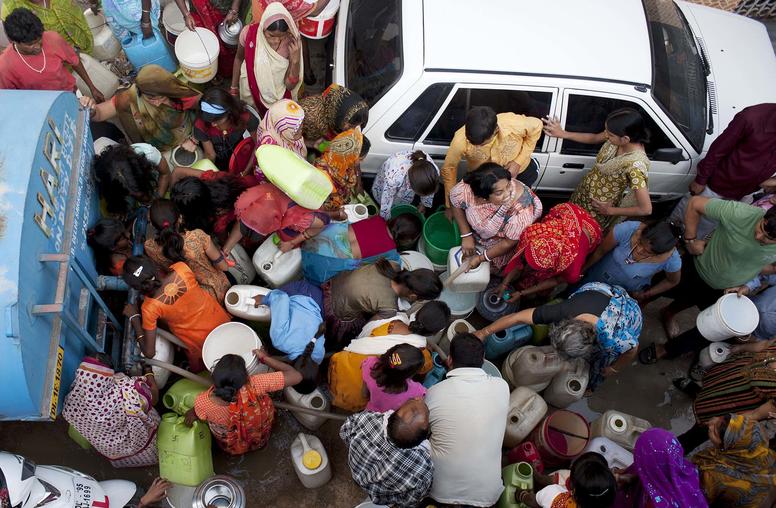
World Water Day: The Role of Nonviolent Action in Water Governance
Will people go to war over water? According to the United Nations, “Water is the primary medium through which we will feel the effects of climate change” in the years ahead. As access to this finite, vital resource becomes increasingly imperiled, water-related tensions will rise — both between states and within them. In recent decades, disputes between governments and local stakeholders have resulted in mass action events centered on water governance. Today, in the age of accelerating climate change, nonviolent movements will need to adapt their strategic thinking if they are to improve water governance and prevent violent conflict.
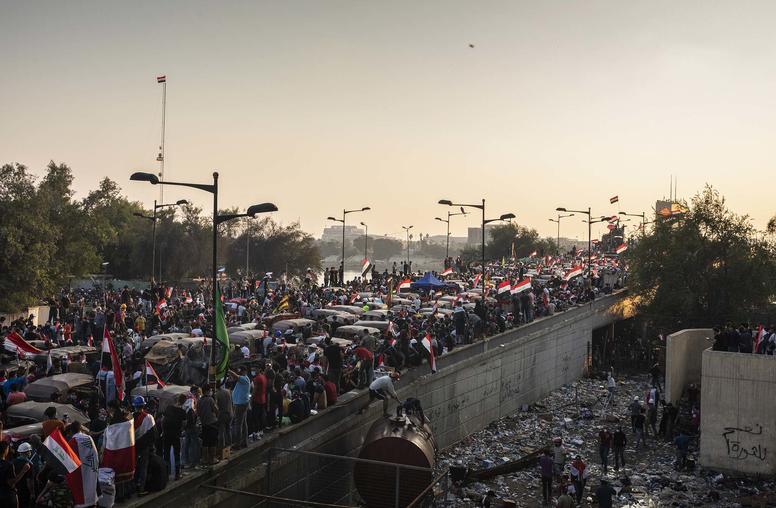
Iraq Faces Major Governance Challenges—Can Decentralization Help?
Over the last year Iraq’s economy has been in free fall, leading to a recent decision to devalue its currency, the dinar, by 23 percent. As the country deals with intersecting economic, political and security challenges, a growing chorus is calling for greater control over decision-making at the local level. A critical step in that effort is to ensure that Iraq’s budget is responsive to the needs and priorities of local communities. Absent comprehensive reforms, decentralization efforts on the budget or in other sectors will not address Iraq’s manifold governance woes, but it could be a step in the right direction.
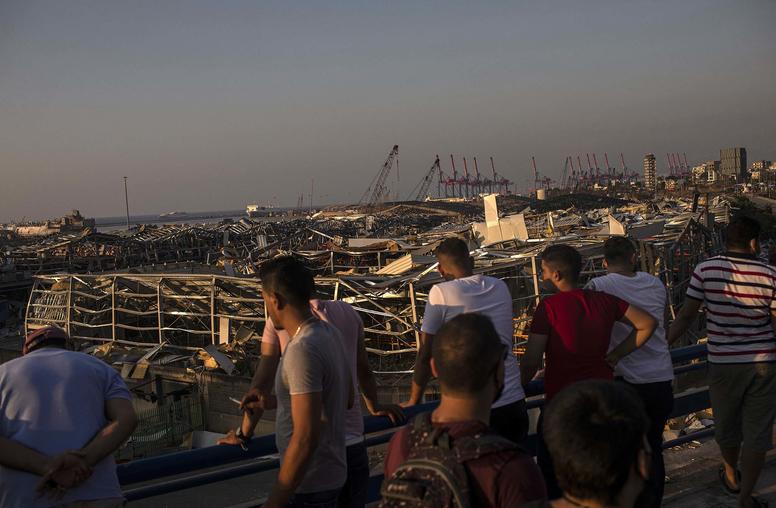
As Lebanon Melts Down, Can it Avert Total Collapse?
As Lebanon marks the seven-month anniversary of the catastrophic blast at the Beirut port last August 4, the country appears to be in a rapidly accelerating free fall. Lebanon’s currency continues to plummet in value, hitting new lows this week. With foreign exchange reserves falling, Lebanese officials have raised fresh concerns that the country may soon not be able to import key necessities such as food and fuel. Meanwhile, despite a COVID pandemic surge, angry Lebanese have taken to the streets across the country, protesting the rapidly deteriorating economic and social conditions. At the same time, efforts to form a new cabinet following the government’s collapse last August remain stalemated.
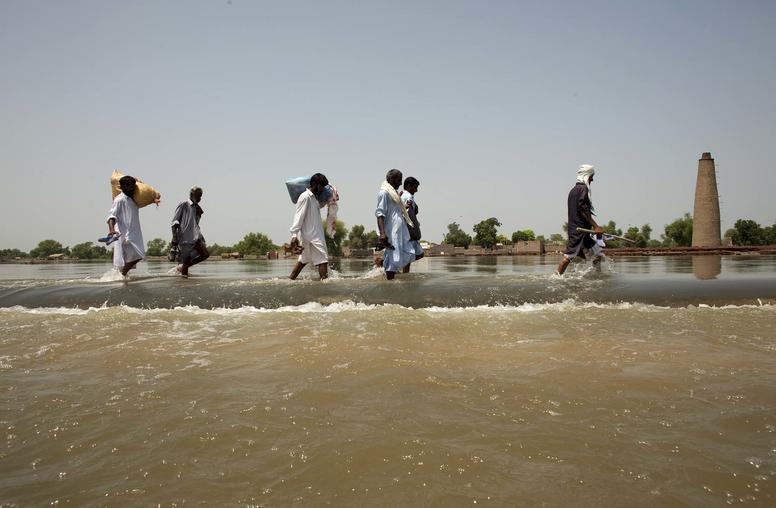
Could Water be a Flashpoint for Conflict in Pakistan?
Water has now become a commodity in many parts of the world. This is a problem in and of itself, as water is essential for every living thing. However, instead of being equally and fairly available to all, water mafias have emerged around the world and put a stranglehold on this essential resource. In Pakistan, this is most starkly seen in urban centers; however, rural areas have also been affected. Urban or rural, the most impoverished sectors of society are the ones most negatively impacted by water’s commoditization. This situation is ripe for conflict, especially in places where poor governance and rule of law are endemic.
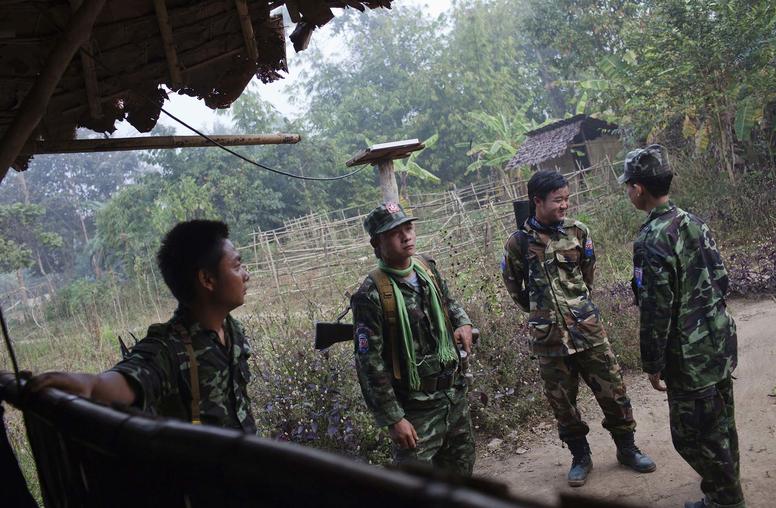
Myanmar: Army Moves Against Chinese Crime Groups in Autonomous Zones
Myanmar authorities, alarmed by the surging growth of autonomous zones where criminal interests operate under the protection of domestic militias, are moving to curb the influence of Chinese transnational crime groups in those areas and impose the rule of law.
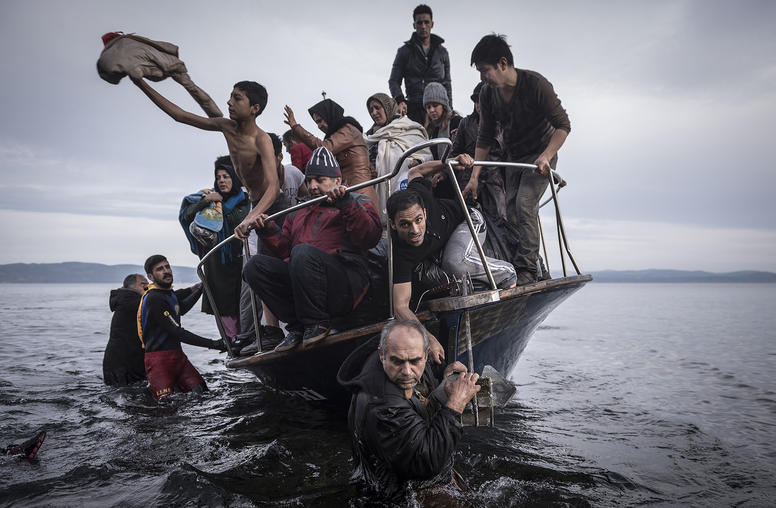
A Rapidly Changing World Requires Renewed International Cooperation
Emerging from the economic havoc of the Great Depression and the violence of World War II, the United States found itself at a hinge of history moment. American leaders like President Harry Truman and Secretary of State Dean Acheson believed that the United States should not only change the way it engaged with the world but assert itself to shape and lead it into a new era of international cooperation. Today, amid a global pandemic, the world faces a similar moment, with massive technological, demographic, environmental, and geopolitical shifts redefining the global order, said former Secretary of State George Shultz. “They [American leaders after World War II] said what we could say now … we are part of this world, whether we like it or not. And they set out to try to make something different.”
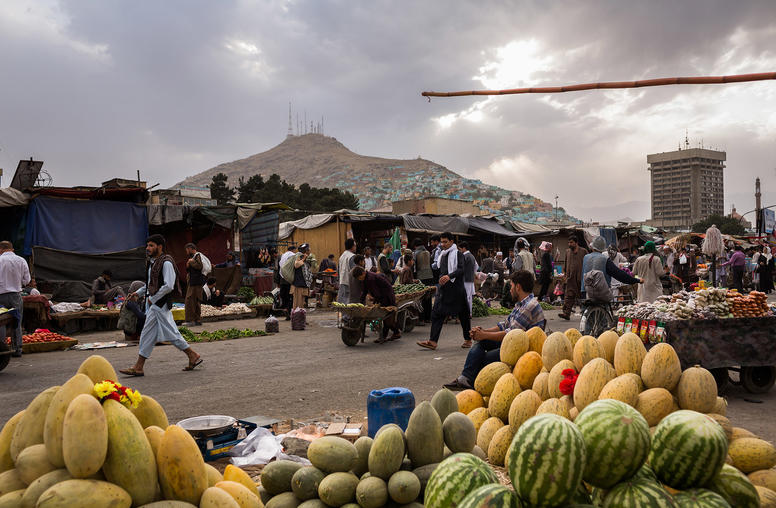
Afghanistan Aid Conference Yields Mixed Results
The quadrennial international donor conference for Afghanistan, held virtually late last month from Geneva, was largely shaped by the pitfalls and roadblocks forecast months ago when the event was publicly announced. Delays in the peace process, worsening violence, and unveiling of plans for further U.S. troop reductions left the meeting’s potential unmet. Yet amid the unsatisfying results, some hopeful rays broke through. In particular, the size and duration of aid pledges provided at least something to build on.